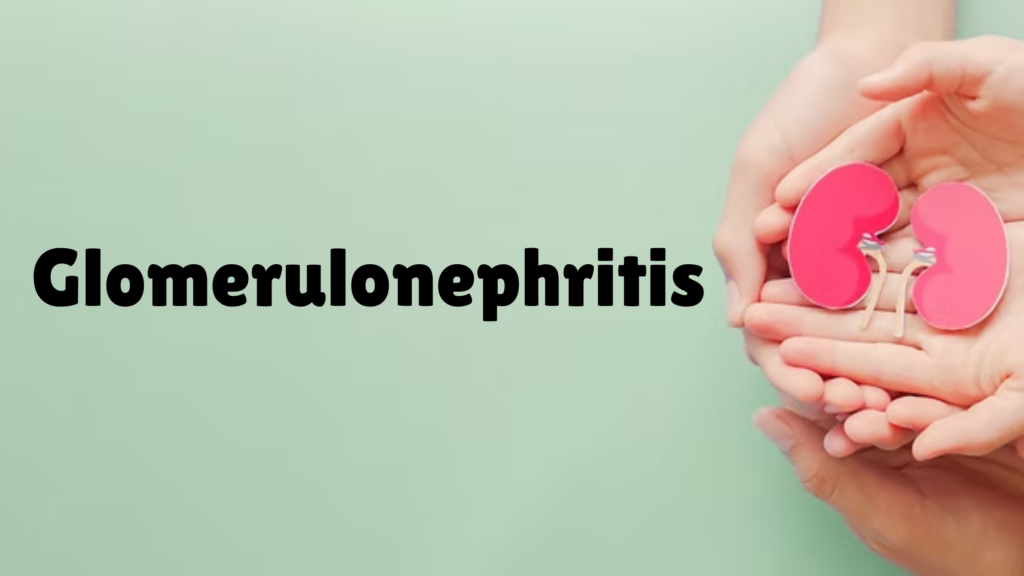🧬 What Is Glomerulonephritis?
Glomerulonephritis is an inflammation of the glomeruli—tiny filtering units in the kidneys responsible for removing waste and excess fluid from the blood. This condition can impair kidney function and may lead to kidney failure if left untreated.
🔬 Types of Glomerulonephritis
- Acute Glomerulonephritis: Develops suddenly, often following infections like strep throat.
- Chronic Glomerulonephritis: Progresses slowly over time and may not cause symptoms until kidney function is significantly impaired.
- Rapidly Progressive Glomerulonephritis: A severe form that leads to rapid loss of kidney function.upmc.com
⚠️ Symptoms
Symptoms can vary based on the type and severity but may include:
- Hematuria (blood in urine)
- Proteinuria (excess protein in urine)
- Edema (swelling in face, hands, feet, abdomen)
- Hypertension (high blood pressure)
- Decreased urine output
- Fatigue, nausea, vomiting
- Foamy or cola-colored urinekidney.org
In some cases, especially chronic forms, there may be no symptoms until significant kidney damage has occurred.
🧪 Causes and Risk Factors
Glomerulonephritis can result from:
- Infections: Post-streptococcal infections, HIV, hepatitis B and C.
- Autoimmune Diseases: Lupus, Goodpasture syndrome, IgA nephropathy.
- Vasculitis: Inflammation of blood vessels affecting kidney function.
- Chronic Conditions: Diabetes, high blood pressure, focal segmental glomerulosclerosis.
- Genetic Disorders: Alport syndrome.
- Medications and Toxins: Certain drugs and environmental toxins. kidney.
🩺 Diagnosis
Diagnosis involves:
- Urinalysis: Detects blood and protein in urine.
- Blood Tests: Assess kidney function and detect underlying causes.
- Imaging: Ultrasound or CT scans to examine kidney structure.
- Kidney Biopsy: Confirms diagnosis and determines severity.
💊 Treatment Options
Treatment strategies depend on the underlying cause and severity:
- Medications:
- ACE inhibitors/ARBs: Control blood pressure and reduce proteinuria.
- Corticosteroids: Reduce inflammation.
- Immunosuppressants: Manage autoimmune-related glomerulonephritis.
- Diuretics: Reduce swelling by eliminating excess fluid.
- Antibiotics: Treat underlying infections.
- Lifestyle Modifications:
- Limit intake of salt, animal proteins, and oxalate-rich foods.
- Monitor and manage blood pressure and cholesterol levels.
- Avoid smoking and excessive alcohol consumption.
- Advanced Therapies:
- Plasma Exchange: Removes harmful antibodies in severe cases.
- Dialysis: Supports kidney function in cases of kidney failure.
- Kidney Transplant: Considered for end-stage kidney disease.
🩺 Prognosis
With early detection and appropriate treatment, many individuals manage glomerulonephritis effectively. However, if left untreated or in severe cases, it can lead to chronic kidney disease or kidney failure.
